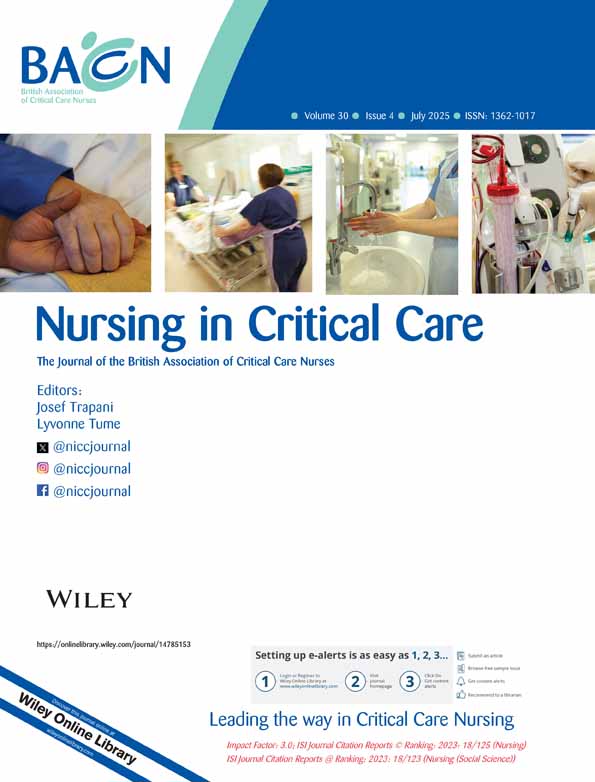Preoperative anxiety and depressive symptoms predicted higher incidence of delirium post coronary artery bypass graft surgery
Abstract
Background
Anxiety, depressive symptoms and delirium are common among patients undergoing coronary artery bypass graft surgery (CABG). Postoperative delirium is associated with diverse negative outcomes among those patients, including delayed extubation and prolonged length of stay (LoS). Existing literature has recorded the incidence and associated risk factors with delirium among patients undergoing CABG, but limited studies have checked the particular impacts of preoperative anxiety and depressive symptoms (ADS) on the incidence of postoperative delirium.
Aim
To determine the impact of ADS on the incidence of postoperative delirium among patient undergoing elective CABG.
Study design
This was a prospective cohort study among 400 patients, 220 (55%) males and 180 (45%) females, who underwent elective CABG. The sample was recruited from six major hospitals in Jordan. ADS were measured prior to the operation using the Hospital Anxiety and Depression Scale. Delirium was screened using the Confusion Assessment Method for the Intensive Care Unit by trained research assistants twice daily from the second to the fifth day postoperatively. Data were analysed using logistic and multiple regression analyses.
Results
160 patients (40%) developed delirium postoperatively. Regression analysis showed that older age, female sex, duration of surgery ≥7 h, depressed, anxious, and anxious and depressed categories were independent predictors for higher incidence rates of delirium. Additionally, the occurrence of delirium was an independent predictor for longer hospital/ICU LoS.
Conclusions
CABG patients may experience delirium more frequently and require a longer hospital stay if they have prior anxiety or depression. Controlling ADS might decrease delirium incidence and shorten the LoS.
Relevance to clinical practice
Our findings underscore the critical role nurses play in identifying and addressing psychological issues before CABG. By recognising and managing preoperative ADS, nurses can potentially reduce the risk of delirium following CABG.
Open Research
DATA AVAILABILITY STATEMENT
The data that support the findings of this study are openly available upon request from the corresponding author.




